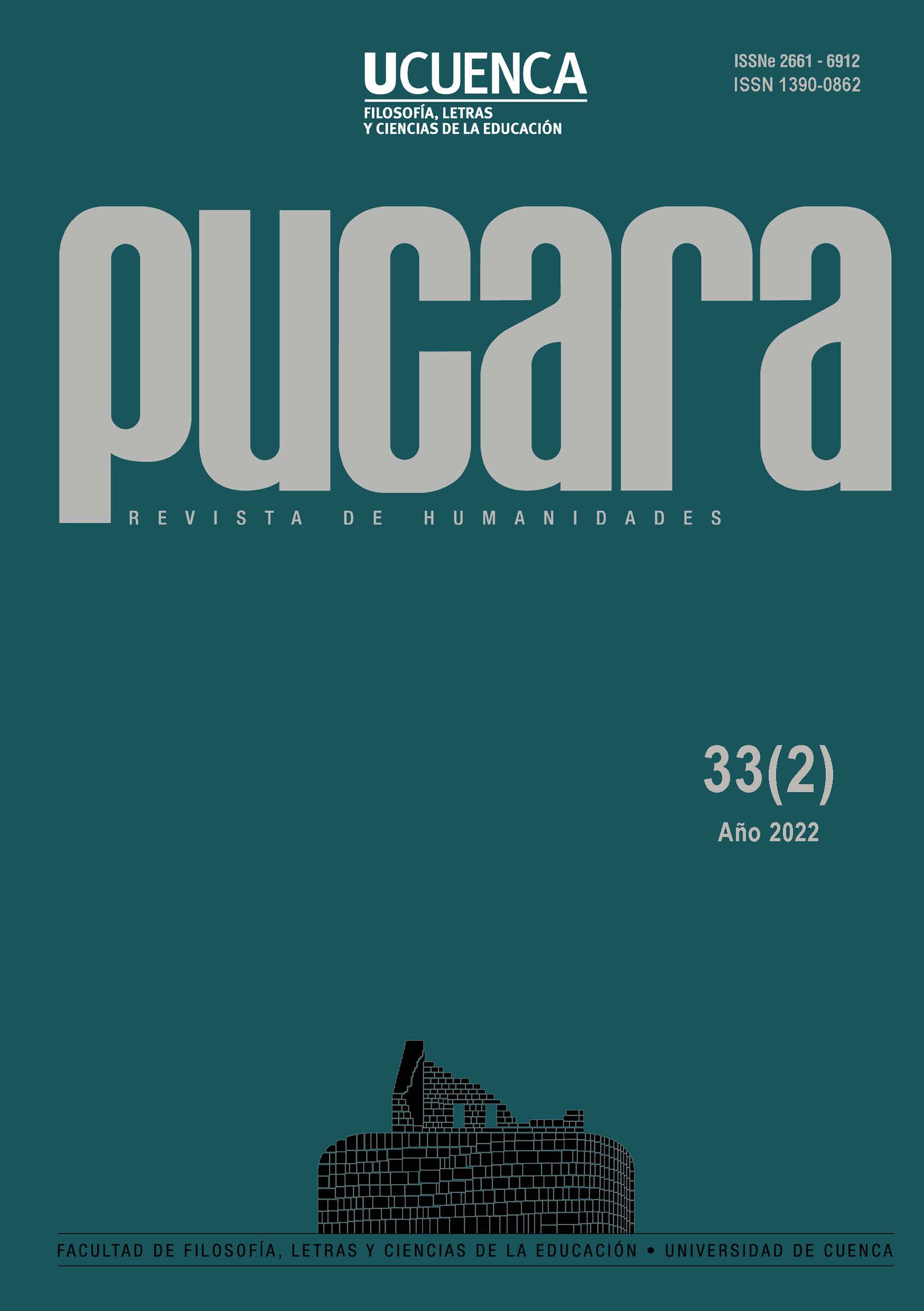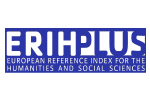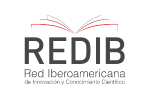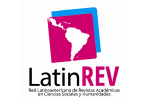Violence against women in Cuenca literature
DOI:
https://doi.org/10.18537/puc.33.02.06Keywords:
Cuenca literature, violence, women, cultureAbstract
This essay investigates the forms of violence that, within our Cuenca society, are exercised against women. These pernicious forms of social relations are expressed and expressed in the different literary discourses that have been produced in our letters.Literature is not a reflection -mirror type-of society; but art is a component of the social formation. This means that, in literature, certain features that belong to the social formation must be present in some way.Our objective is precisely that, to demonstrate and dismantle the form and content of these manifestations that allude directly and frontally, or barely veiled or slightly evaded, to the violence that has been and is being exercised against women. How is the discourse made visible regarding this notion of violence? Do you accept it as something natural or as a social practice that must be denounced, at least, or, what would be better, as a practice that must be urgently eliminated?
Downloads
References
Aguilar Vázquez, C. (1997). Los Idrovos, Cuenca, Casa de la Cultura Ecuatoriana.
Andrade Chiriboga, A. (1947). Espigueo I, Cuenca, Edit. El Mercurio.
Andrade Chiriboga, A. (1953). Espigueo IV, Cuenca, Imp. Austral.
Astudillo, J. (1951). Entre barro y humo, Cuenca, Imprenta de J.M. Astudillo Regalado.
Astudillo Ortega. J.M. (1973). Carretera, Cuenca, Ediciones EME.
Calle, M. de J. (1929). Charlas, Quito: Ecuador, Fundición de Material Tipográfico de El Día.
Cordero, L. (2012). El bebedor y su mujer, in Poemario de Luis Cordero el Grande II, Cuenca, Universidad Católica de Cuenca.
Corylé, M. (1952). Gleba, Cuenca, Editorial Amazonas.
Cuesta y Cuesta, A. (1970). Llegada de todos los trenes del mundo, Cuenca, Imprenta de la Municipalidad de Cuenca.
Dávila Andrade, C. (1984). Obras completas - Relato, Quito, Pontificia Universidad Católica del Ecuador, sede en Cuenca, Banco Central del Ecuador, Imprenta Mariscal.
Dávila Andrade, C. (1984). Origen II, in Obras completas - Poesía, Quito, Pontificia Universidad Católica del Ecuador, sede en Cuenca, Banco Central del Ecuador, Imprenta Mariscal.
Dávila Vázquez, J. (2019), Juegos de fantasía & la vida secreta, Loja: Ecuador, Editorial SK.
Dávila Vázquez, J. (2022). Días de la vida - cien microcuentos. Cuenca, Universidad del Azuay, Casa de la Cultura Ecuatoriana.
Encalada Vásquez, O. (2002). La educación, entre la violencia y la cultura, in Universidad-verdad No. 27, Cuenca, Universidad del Azuay.
Íñiguez Vintimilla, J. (1942). Viento y granizo, Cuenca, Talleres Gráficos de la Universidad de Cuenca.
Monsalve Pozo, L. (1943). El indio, cuestiones de su vida y de su pasión, Cuenca, Editorial Austral.
Montalvo, J. (1975). Las catilinarias, Medellín, Editora Beta.
Montesinos. A. (1981). Cuentos- El color del cristal, Quito, Casa de la Cultura Ecuatoriana.
Montesinos. A. (1983). Arcilla indócil, Cuenca, Casa de la Cultura Ecuatoriana.
Moscoso Vega, L. (2009). El espadachín Zabala, Cuenca, Casa de la Cultura Ecuatoriana.
Muñoz Cueva, M. (2000). La tierra morlaca, Cuenca, Casa de la Cultura Ecuatoriana.
Real Academia Española. Diccionario de la Lengua Española, edición en línea: https://dle.rae.es/
Real Academia Española. Diccionario de autoridades, edición en línea: https://apps2.rae.es/DA.html
Rousseau. (s/f). El Contrato social, Quito-Guayaquil, Ariel Universal
Rousseau. (1967). Emilio, México, Editora Nacional.
Torres, A. (1941). Rasgos patrióticos de idiosincrasia cuencana, Quito, Editorial Santo Domingo.
Vásconez, C. (2019). Las músicas secretas, Quito: Ecuador, La Caída Editorial.
Vélez, M. A. (1904). El terrorismo alfarista en el Azuay. Guayaquil, Imprenta Popular.
Villavicencio, M. (2021) Diccionario del lenguaje juvenil, Cuenca: Ecuador, Universidad de Cuenca.
VVAA. Biblia, la. https://www.biblia.es/
Published
How to Cite
Issue
Section
License
Copyright (c) 2022 Oswaldo Encalada Vásquez

This work is licensed under a Creative Commons Attribution-NonCommercial-ShareAlike 4.0 International License.
Copyright © Autors.

You are free to:
 |
Share — copy and redistribute the material in any medium or format |
 |
Adapt — remix, transform, and build upon the material for any purpose, even commercially. |
Under the following conditions:
 |
Attribution — You must give appropriate credit, provide a link to the licence, and indicate if changes were made. You may do so in any reasonable manner, but not in any way that suggests the licenser endorses you or your use. |
| NonCommercial — You may not use the material for commercial purposes. | |
| ShareAlike — If you remix, transform, or build upon the material, you must distribute your contributions under the same license as the original. |
| No additional restrictions — You may not apply legal terms or technological measures that legally restrict others from doing anything the licence permits. |












